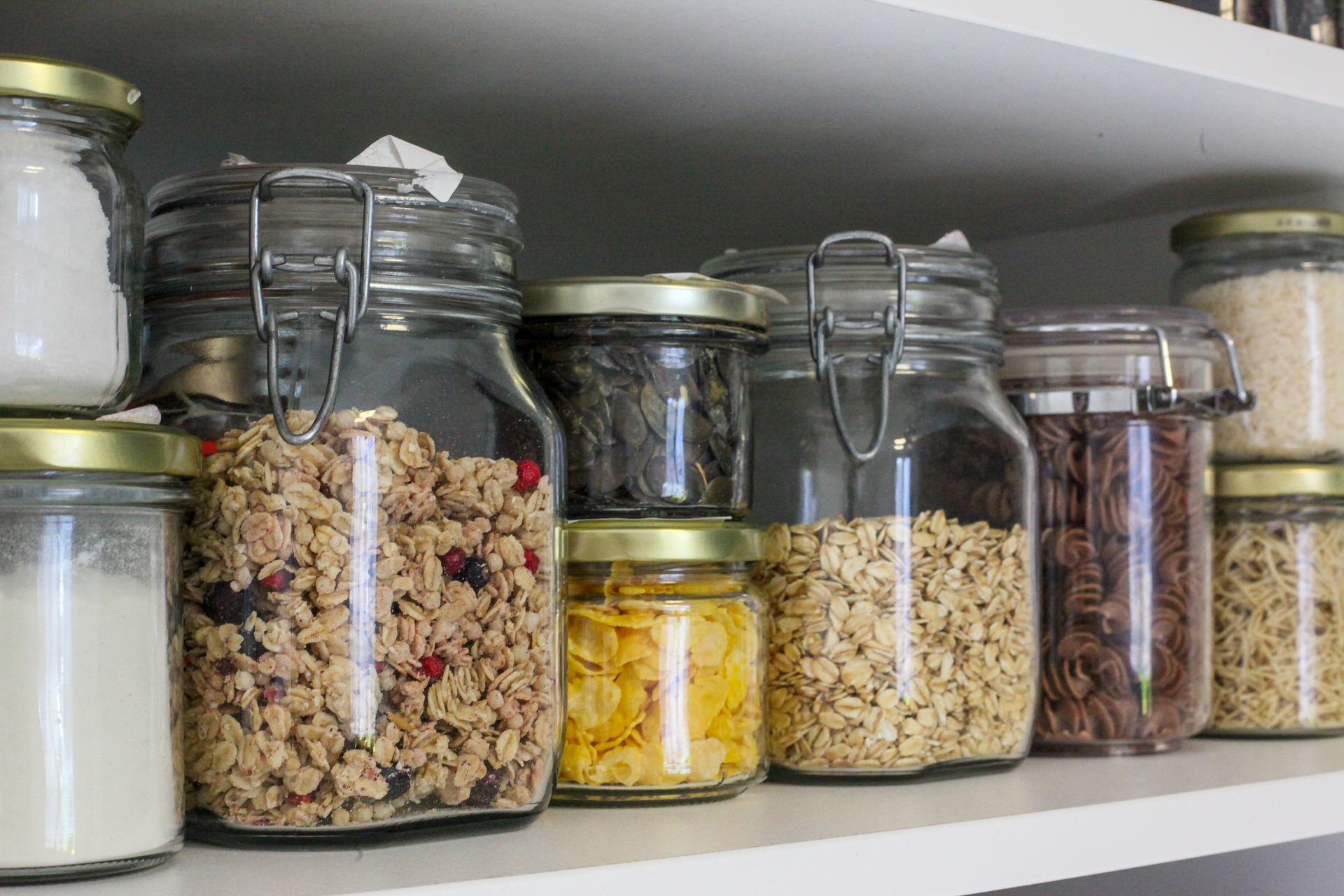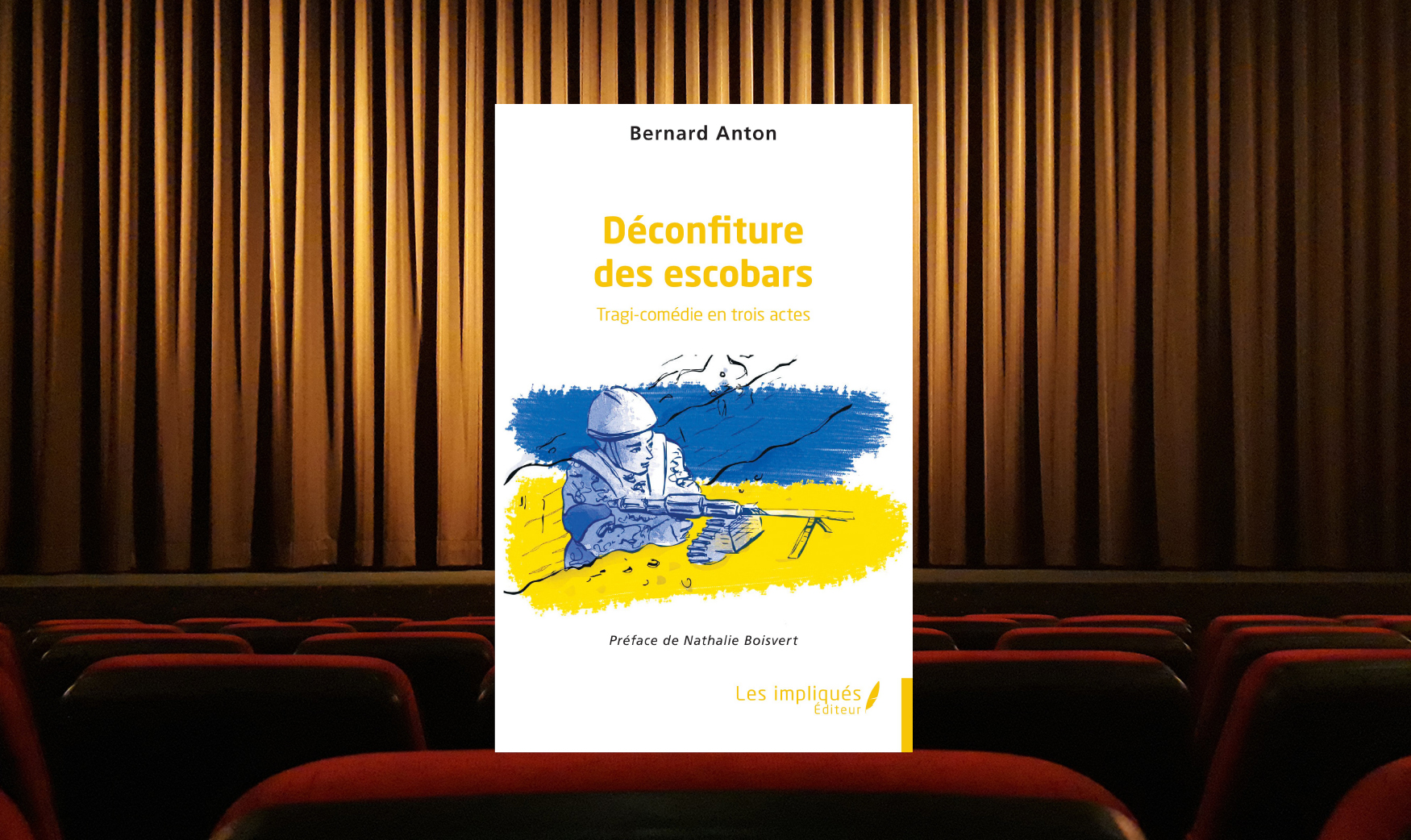Thanks to a real climate awareness, we hear more and more about the zero-waste lifestyle. On social networks we see many accounts flourishing giving advice to reduce waste on a daily basis. Even if this new lifestyle seems to be the solution against pollution and overconsumption, it is not the miracle cure for all problems. First of all, what is the zero waste lifestyle? The term first appeared in 2004. The goal is to adopt a more environmentally friendly lifestyle by minimizing the waste produced in the home. This involves radically changing your habits and completely rethinking your daily life. Becoming zero waste means no longer consuming new products, only second-hand and recovery. This way of life is becoming more and more democratized in wealthy populations in Western countries thanks to social networks. But the zero-waste lifestyle can't solve all pollution-related problems.
Zero waste is not the universal answer to stop pollution
The zero-waste lifestyle reduces consumption and purchases. For example, the textile market is the second most polluting industry in the world. Fast-fashion has a lot to do with it. The very principle of creating a low-quality inexpensive garment that will be worn and thrown away very quickly poses a problem because it pushes consumption. Thus with the zero waste lifestyle it is possible to reduce textile consumption but this does not affect all sources of pollution. Indeed, it is difficult, for example, to reduce pollution related to heating or transport. Even if it is possible to turn to green energy sources for example, it is not possible to create no waste. In addition, changing your habits is not done in a snap of your fingers. Rethinking your daily life requires a lot of time and commitment: making household products, hygiene products… And this is not negligible. Not everyone has time for these kinds of activities and that is understandable. Also, we create waste without even noticing it or against our will. This is the case, for example, when we go shopping. Even if the receipt is refused, it was still produced and will be thrown away instantly, creating unnecessary waste. The zero-waste lifestyle favours reusable products, but some items cannot be reusable for hygiene or medical reasons. For medicines, for example, it is impossible not to use them and yet they create waste. Finally, this lifestyle is not applicable by everyone in all territories. In addition, it is difficult for rural dwellers to get rid of their cars to get around because of the lack of public transport. 
It is quite possible to achieve this and significantly reduce its environmental impact
Nevertheless, with a little willpower and elbow grease, it is quite possible to succeed in your ecological transition and adopt a zero waste lifestyle. For this, you will have to rethink your daily life and it starts by making your own household products to limit packaging. With just a few ingredients, you will be able to scrub your home from floor to ceiling. In addition to being better for the environment, homemade products are much better for your health. They do not contain harmful chemicals. It is easy to find on the Internet many recipes for do-it-yourself products. It's up to you to choose the one you like the most! Then, focus on short circuits and seasonal products. To do this, go to the market where producers sell directly what they produce. You will find seasonal products of better quality than what is found in supermarkets. Buying your products in bulk also allows you to write off a large number of packaging. There are many bulk grocery stores and supermarkets are also starting to offer this type of products. To go to the end of the process, you can bring your own containers to the store (canvas bags, airtight boxes …). Always keep in mind that "nothing is lost, everything is transformed". The goal here is to forget the "trash" box to think about a future second life for your product. For example, if one of your devices is defective, always try to repair it. If you have no knowledge in the field, you can always ask someone who knows about it in your entourage or on specialized sites of mutual aid between individuals. Finally, we must not forget that this transition is gradual. You can't change your habits completely overnight. Start small so that the transition is smooth and so you will last in the long run. You can start by putting a stop ad sticker on your mailbox for example. Now that we know more about this way of life that is all the rage, what should we remember? First of all, it is a useful and positive step. It allows to have a more respectful lifestyle of the environment. However, it also requires time and personal and financial investment. It must be understood that not everyone is inclined to adopt this lifestyle. For lack of time or money, for example, some people cannot devote themselves fully to it. Thus it is neither a fiction nor a universally applicable reality. Do you think that the road is long but that some have already done it, so why not you?







































